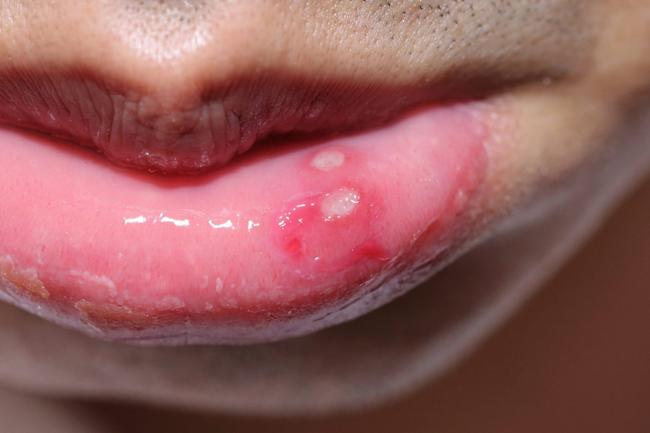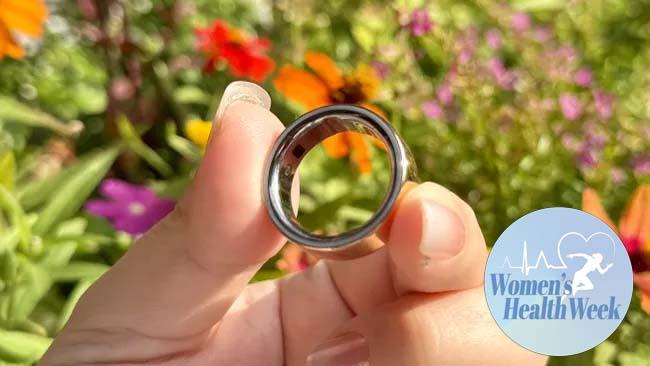Summary
Discover 7 proven kitchen remedies for painful canker sores, from honey to salt water, plus learn how to identify your personal triggers and prevent outbreaks.
Source: Rolling Out

AI News Q&A (Free Content)
Q1: What role do nutritional deficiencies play in the development of canker sores, and which nutrients are most commonly implicated?
A1: Nutritional deficiencies, particularly of iron, vitamin B12, and folic acid, are significant contributors to the development of canker sores (aphthous stomatitis). These deficiencies can impair mucosal immunity and tissue repair, making the oral mucosa more susceptible to ulceration. Addressing these deficiencies through a balanced diet or supplementation can help reduce the frequency and severity of outbreaks.
Q2: How effective are kitchen remedies like honey and salt water in managing the pain and healing of canker sores, according to recent evidence?
A2: Recent evidence supports the use of honey and salt water as effective home remedies for canker sores. Honey possesses natural antimicrobial and anti-inflammatory properties, which can reduce pain and promote faster healing. Salt water rinses help cleanse the ulcer area, decrease bacterial load, and support the healing environment. Both remedies are widely used for their accessibility and safety, though they should complement, not replace, professional treatment if symptoms persist.
Q3: What are some common triggers for canker sores, and how can individuals identify and avoid them to prevent future outbreaks?
A3: Common triggers for canker sores include local trauma (such as biting the cheek), stress, hormonal fluctuations, certain foods (like citrus fruits or spicy foods), dehydration, and some food additives or chemicals in oral hygiene products (e.g., sodium lauryl sulfate in toothpaste). Individuals can identify their triggers by keeping a food and symptom diary, noting any activities or dietary changes preceding outbreaks, and systematically eliminating suspected triggers.
Q4: What does the latest research say about the relationship between gluten-related disorders, such as celiac disease, and the occurrence of canker sores?
A4: Recent literature indicates that recurrent canker sores can be an early indicator of celiac disease, a condition where gluten ingestion triggers an immune response in genetically predisposed individuals. Testing for celiac disease is recommended in patients with unexplained recurrent oral ulcers, as a gluten-free diet can lead to symptom improvement in affected individuals.
Q5: How can maintaining a balanced and nutrient-rich diet contribute to the prevention and management of canker sores?
A5: Maintaining a balanced diet rich in vitamins and minerals, especially iron, vitamin B12, folic acid, and zinc, strengthens the immune system and enhances the integrity of oral mucosa. Such a diet reduces the risk of developing canker sores and supports more rapid healing when ulcers occur. Dietary diversity, including fruits, vegetables, whole grains, lean proteins, and dairy, is recommended for optimal nutritional status.
Q6: What insights do recent scholarly studies provide on the impact of economic and social factors on nutritional health and the prevalence of mouth ulcers in vulnerable populations?
A6: A recent study highlights that economic downturns, such as those seen during the COVID-19 pandemic, disproportionately affect the nutritional health of socioeconomically disadvantaged groups, leading to poorer dietary quality and increased risk of conditions like mouth ulcers. These populations may have reduced access to nutrient-rich foods and rely more on less nutritious options, exacerbating the risk of deficiencies that contribute to oral health issues.
Q7: What new approaches and frameworks have been proposed in the last five years for personalized nutrition coaching to aid in the prevention of nutritionally linked conditions like canker sores?
A7: Recent scholarly work proposes behavioral science-informed, agentic workflows for personalized nutrition coaching. These frameworks leverage technology and individualized counseling to overcome barriers to healthy eating, promoting sustained positive dietary habits. They integrate nutritional objectives with considerations for personal preferences, lifestyle, and socioeconomic factors, aiming to reduce the incidence of nutrition-related conditions including canker sores.
References:
- Aphthous stomatitis - https://en.wikipedia.org/wiki/Aphthous_stomatitis
- Celiac disease in children: A review of the literature - https://www.ncbi.nlm.nih.gov/pmc/articles/PMC8274078/
- Angular cheilitis - https://en.wikipedia.org/wiki/Angular_cheilitis





